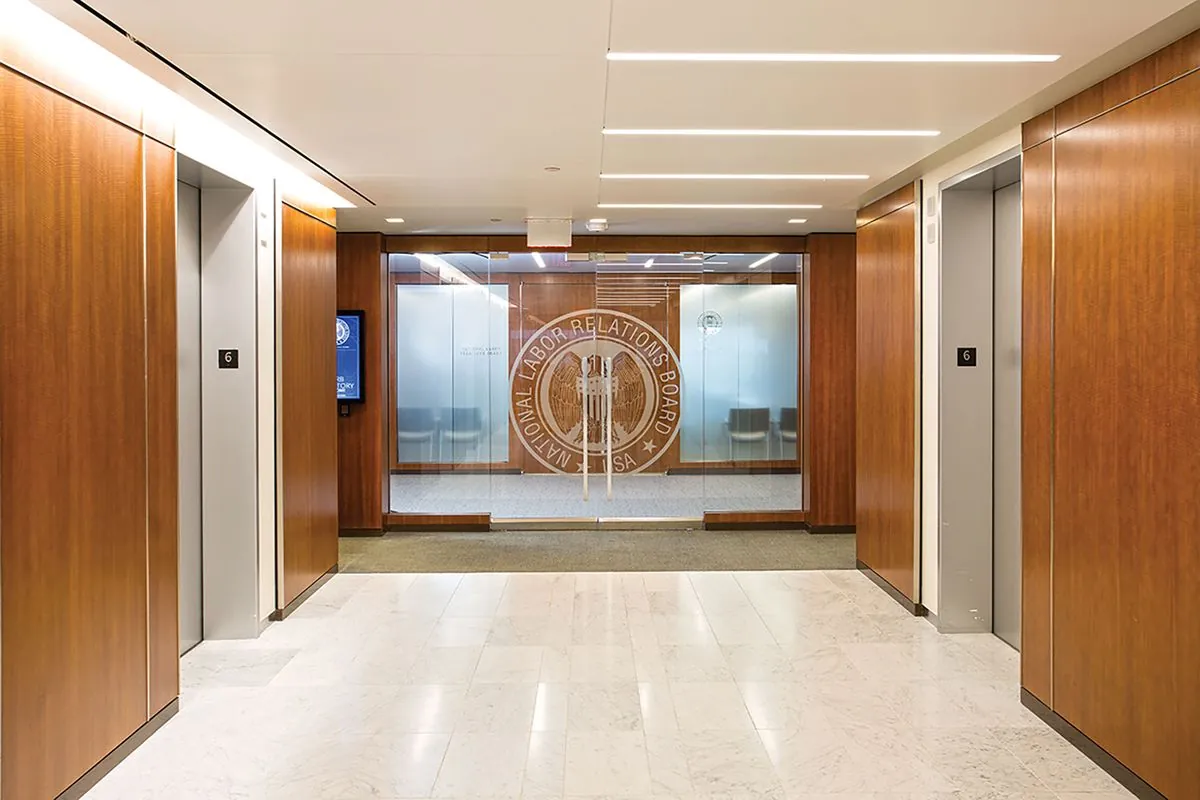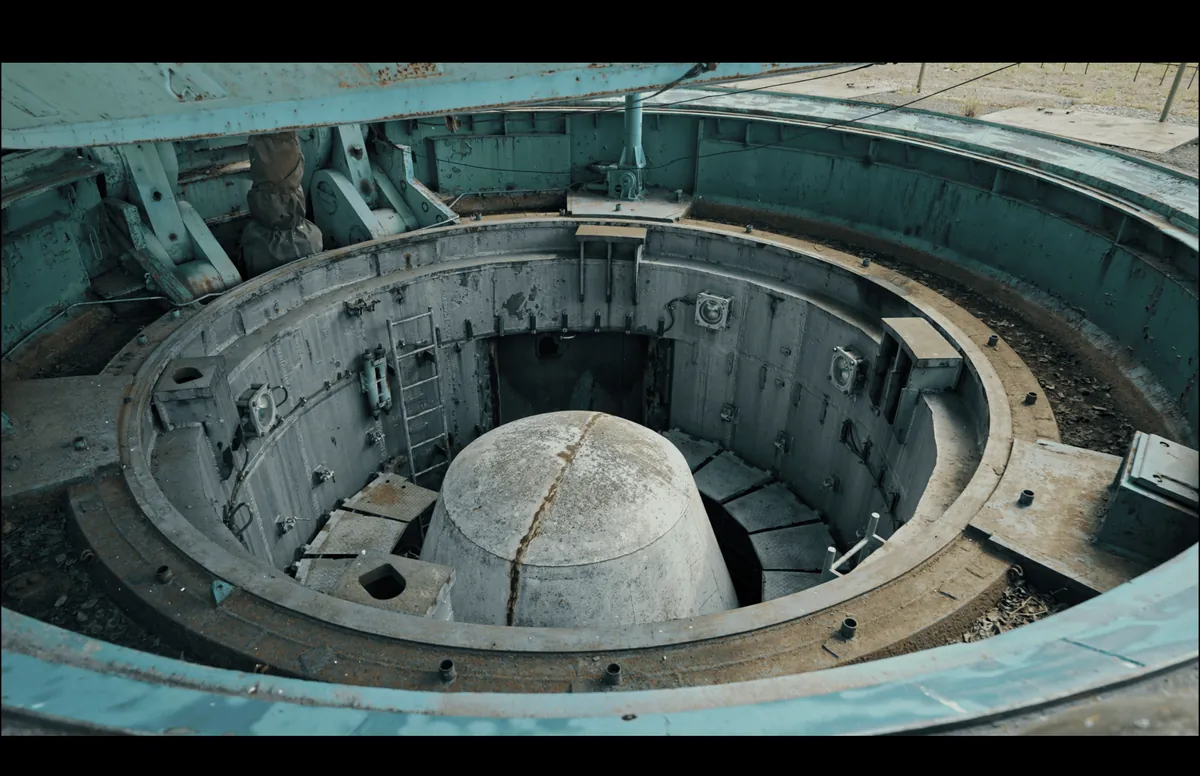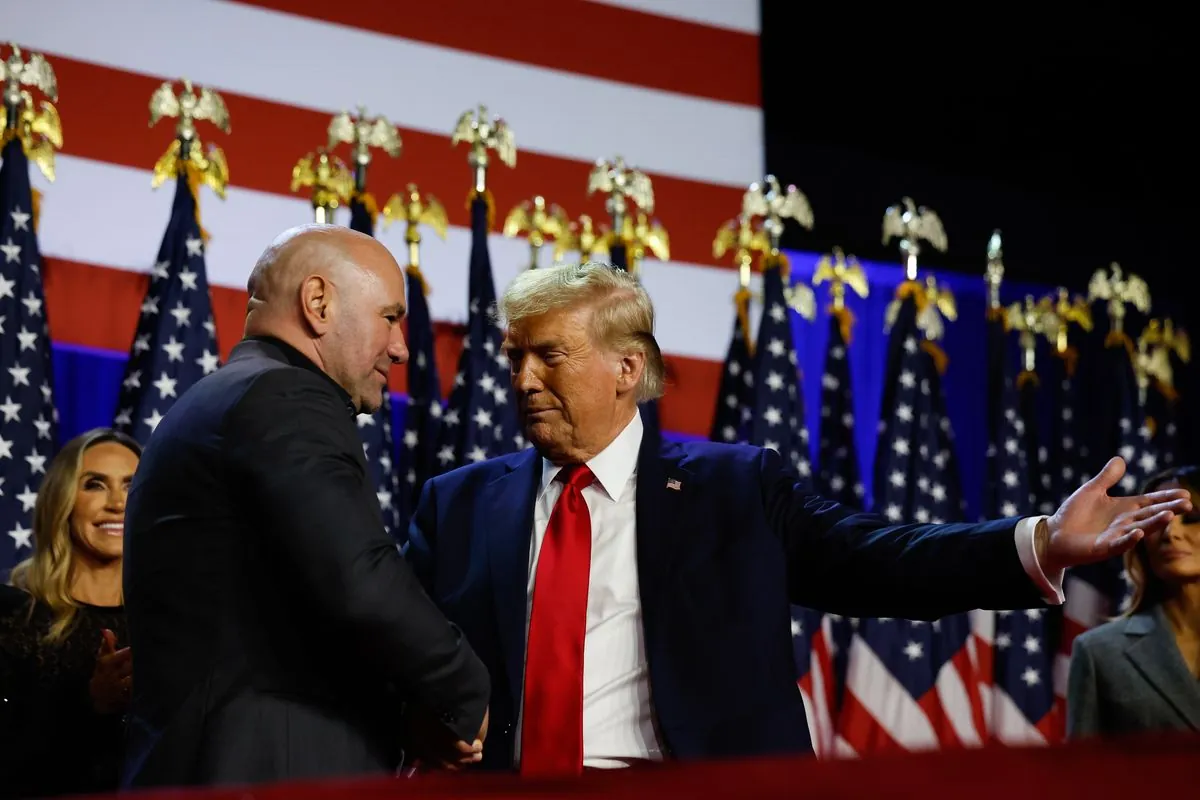NLRB Prosecutor Intensifies Stance Against Noncompete Agreements
NLRB's top lawyer seeks increased worker compensation for noncompete agreements, arguing they violate labor laws. The move aligns with broader efforts to expand worker protections amid legal challenges.

The National Labor Relations Board's (NLRB) chief prosecutor, Jennifer Abruzzo, has reinforced her position against noncompete agreements, asserting that they infringe upon federal labor laws. In a memo released on October 7, 2024, Abruzzo outlined plans to pursue increased compensation for workers bound by such agreements, which affect approximately 30 million Americans.
Established in 1935, the NLRB has been at the forefront of labor relations in the United States. Abruzzo, appointed as General Counsel in 2021, has been instrumental in shaping the agency's recent policies. Her latest memo expands on her 2023 argument that noncompete agreements are unlawful, now including "stay-or-pay" provisions in her critique.

These agreements, which restrict workers from joining competitors or require payment if they leave their jobs prematurely, have been a contentious issue in U.S. labor law since the 19th century. Abruzzo contends that they not only limit job opportunities but also discourage unionization efforts.
"Simply put, the goal is to place employees in the same position, as nearly as possible, in which they would have been had the employer not maintained the unlawful provision."
The memo outlines various scenarios where workers might be entitled to relief, including compensation for extended periods of unemployment due to noncompete restrictions. This approach aligns with the NLRB's 2022 Thryv Inc decision, which expanded remedies available to workers facing unlawful labor practices.
Abruzzo's stance reflects a broader trend in labor law enforcement. The Federal Trade Commission (FTC), established in 1914, attempted to ban noncompete agreements in April 2024. However, this ban was blocked by a Texas federal judge in August 2024, highlighting the ongoing legal battles surrounding these agreements.
The issue has drawn attention from major corporations. Starbucks, founded in 1971, and Macy's, established in 1858, have challenged the NLRB's authority to impose expanded remedies in federal appeals courts. They argue that these administrative proceedings infringe upon their constitutional right to a jury trial.
As the debate continues, it's worth noting that California has prohibited noncompete agreements since 1872, long before the NLRB's creation. The current push against these agreements represents a significant shift in labor law, potentially affecting millions of workers across various industries.
The NLRB, with its five board members appointed by the President, continues to play a crucial role in shaping U.S. labor policies. As legal challenges mount and the landscape of employment law evolves, the outcome of this debate could have far-reaching implications for workers and employers alike.


































